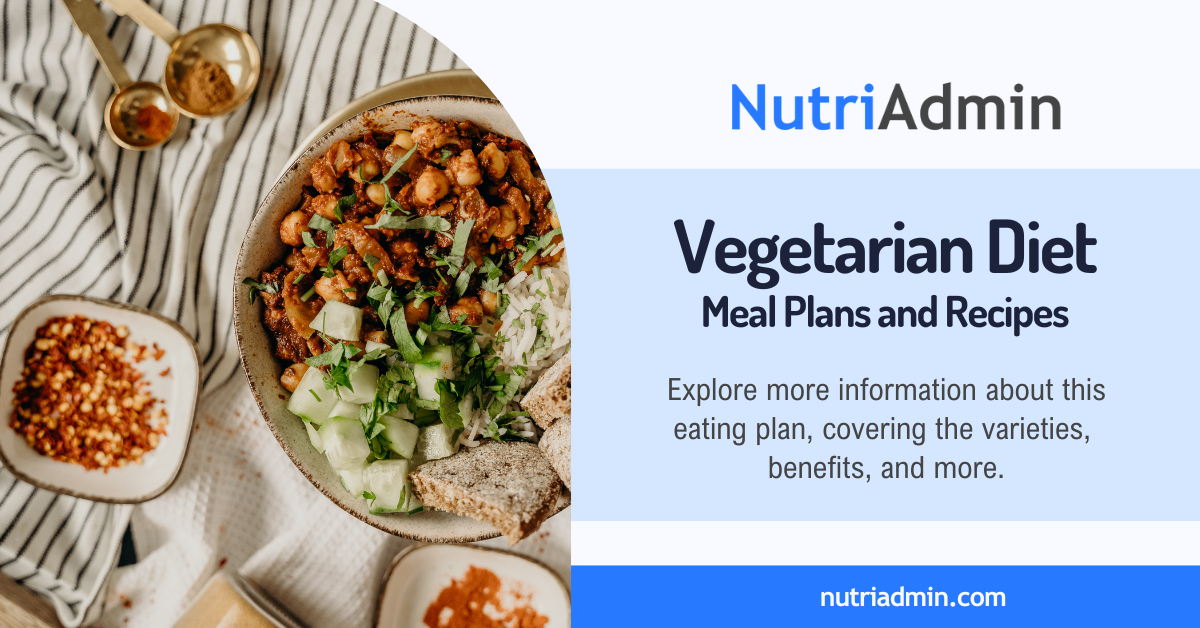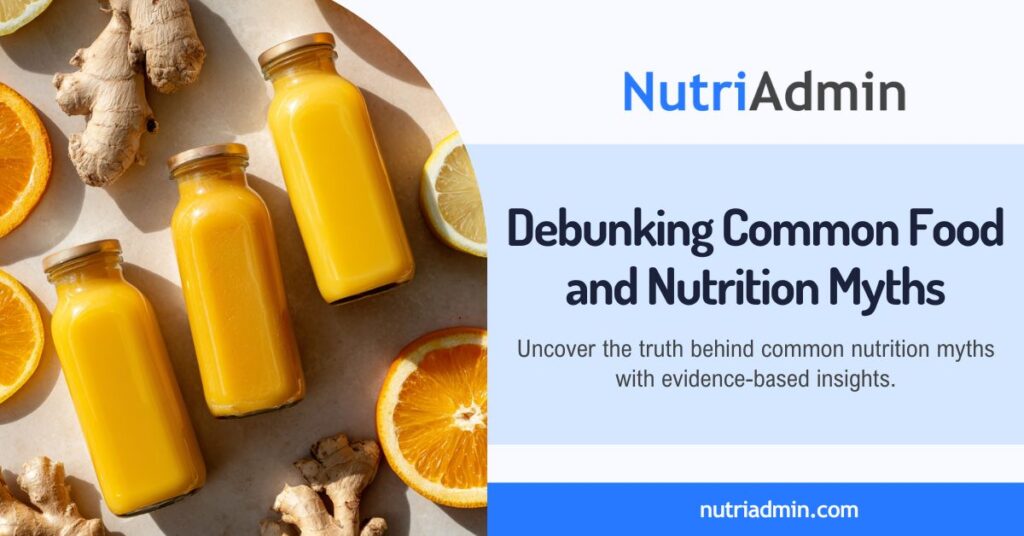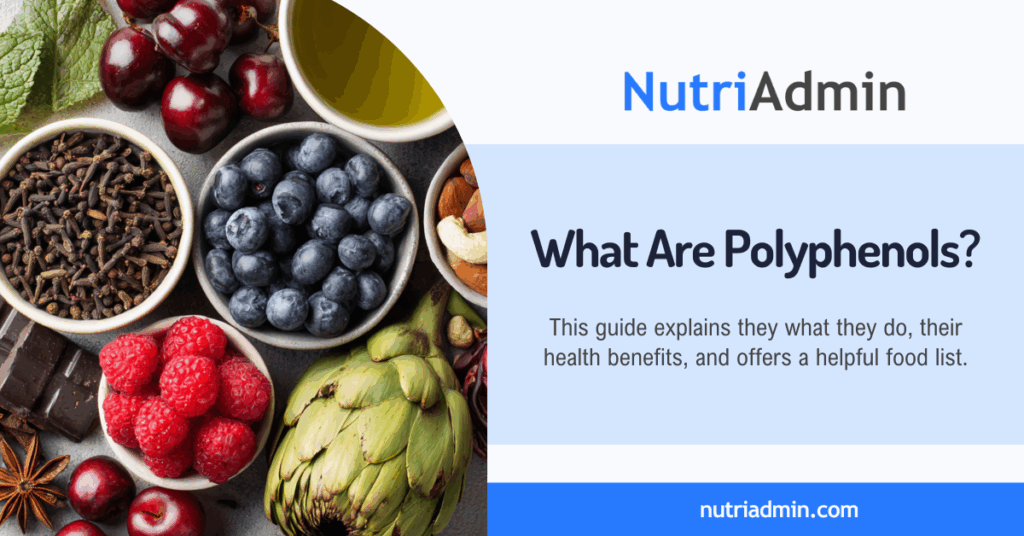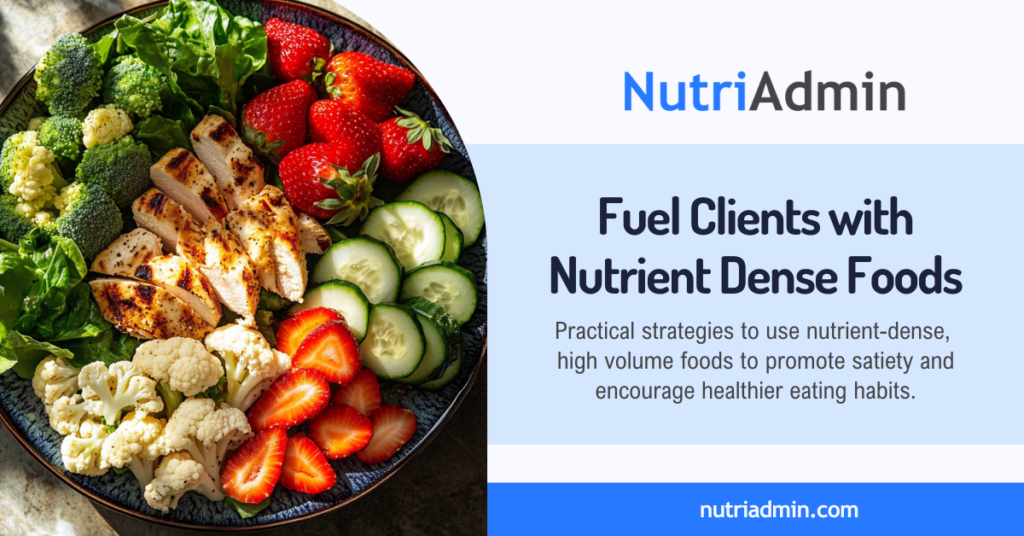As professionals dedicated to helping others with their health goals, it’s essential to have a strong understanding of vegetarian diet meal plans. This blog post will explain the various types of vegetarian diets and how they can improve nutrition and fitness goals. We will learn more about vegetarian diets, provide meal plans and recipe ideas, and discover insights that can positively impact your clients.
According to a 2018 survey conducted by Ipsos Global Advisor, it was found that in 28 countries around the world, approximately 5% of the population self-identified as vegetarian. This indicates a significant number of individuals choosing a plant-based diet across various cultures and regions.
Have you ever wondered about the reasons behind the increasing number of people opting for a plant-based diet across different countries and cultures?
Let’s find out why!
What is a Vegetarian Diet?
A vegetarian diet is a dietary choice that primarily consists of plant-based foods, such as fruits, vegetables, grains, nuts, and seeds. It typically excludes all forms of animal products, including meat, poultry, and seafood.
Some types of vegetarian diets may also exclude other animal products, such as dairy and eggs, while others may include them. Overall, a vegetarian diet is known for its potential health benefits and its ethical and environmental considerations.
Types of Vegetarian Diets
There are several types of vegetarian diets, each with its own variations and individual preferences. These include lacto-ovo vegetarian, lacto-vegetarian, ovo-vegetarian, vegan, and pescatarian. Each of these diets has specific inclusions and exclusions when it comes to animal products like meat, fish, poultry, dairy, and eggs.
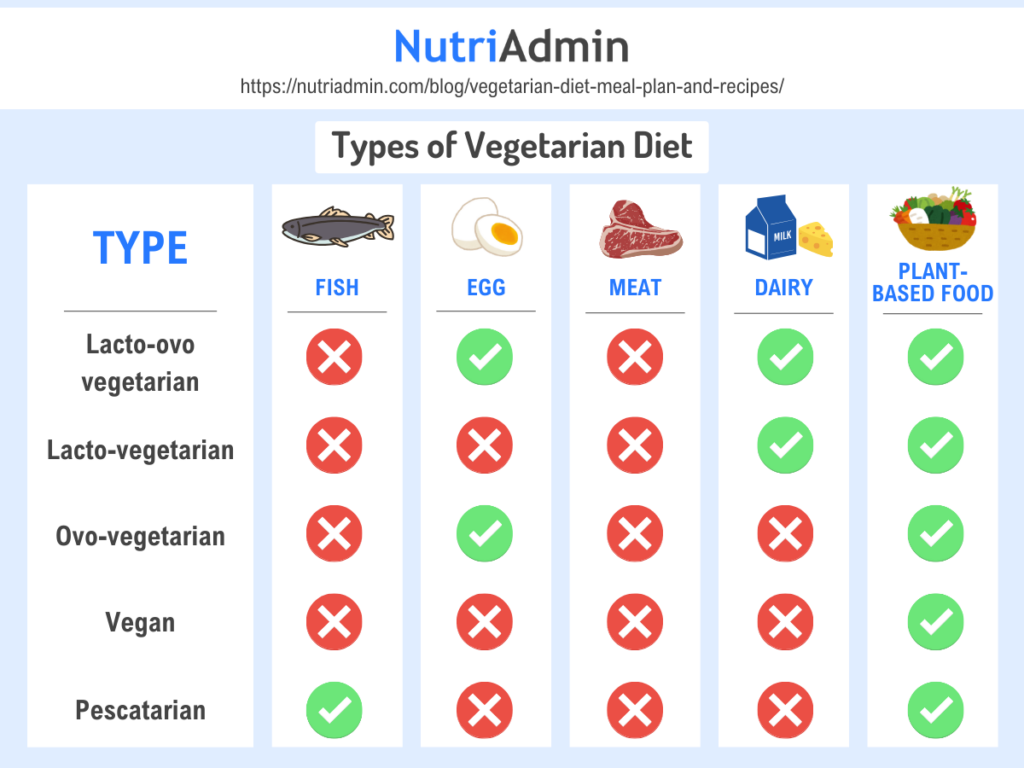
Understanding the distinctions between these types of vegetarian diets can help individuals make informed choices about their dietary preferences and needs.
- Lacto-ovo vegetarian: This diet excludes meat, fish, and poultry but includes dairy products and eggs.
- Lacto-vegetarian: Excludes meat, fish, poultry, and eggs but includes dairy products.
- Ovo-vegetarian: Excludes meat, fish, poultry, and dairy products but includes eggs.
- Vegan: This diet excludes all animal products, including meat, fish, poultry, dairy, eggs, and even honey.
- Pescatarian: Although not strictly vegetarian, pescatarians avoid meat and poultry but include fish in their diet.
- Flexitarian: Focus primarily on plant-based foods but may occasionally consume small amounts of animal products.
Why Do People Choose to Follow a Vegetarian Diet?
Many people follow vegetarian meal plans for various reasons, including health, religious beliefs, ethical and environmental reasons.
Health
When it comes to health, some individuals choose a vegetarian diet because they believe it can lead to lower rates of heart disease, high blood pressure, and even certain types of cancer.
Vegetarians tend to eat less saturated fat and cholesterol but more vitamins and fiber, leading to lower cholesterol levels, reduced blood pressure, and a lower BMI, which are all associated with a longer lifespan and decreased risk of chronic diseases.
In a study from 2023, it was found that vegetarian diets containing mostly unprocessed plant foods are linked to a decreased likelihood of developing various chronic conditions such as CVD, diabetes, high blood pressure, cancer, and dementia.
Religious Beliefs
Religious beliefs play a significant role in some people’s decision to adopt a vegetarian lifestyle. In various traditions, vegetarianism is practiced as a way to show compassion for living beings and to adhere to dietary guidelines.
Ethical and Environmental
Ethical considerations influence many to avoid meat consumption due to concerns about animal welfare and the treatment of animals in the food industry. From an environmental perspective, some people choose a vegetarian diet in order to reduce their ecological footprint and minimize their impact on the planet. This can include reducing greenhouse gas emissions and conserving water and land resources.
Vegetarian Diet Meal Plan Food List
As mentioned earlier, the allowed foods vary according to the different types of vegetarian diets. Some vegetarian meal plans may include animal products like eggs, dairy, or fish, while the vegan diet is strictly plant-based with no animal products.
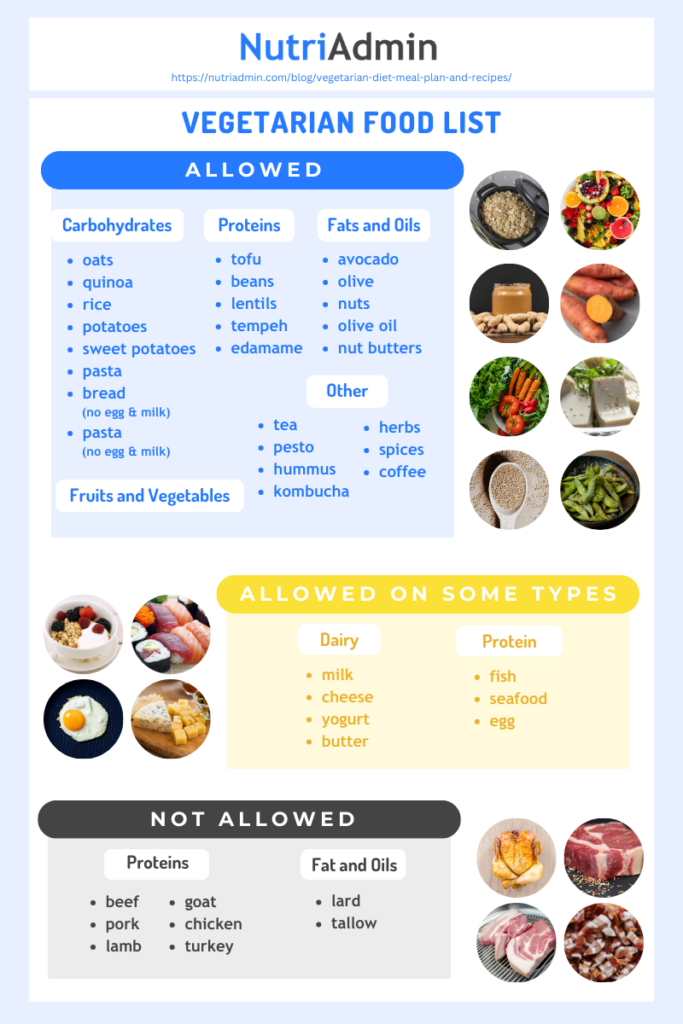
Allowed Foods
- fruits
- vegetables
- whole grains
- tea
- coffee
- herbs
- spices
- tofu
- tempeh
- beans
- lentils
- plant oils
- nut butter
Allowed Foods on Some Types
- milk
- cheese
- butter
- yogurt
- egg
- fish
- seafood
Not Allowed Foods
- beef
- pork
- lamb
- turkey
- chicken
Vegetarian Meal Plans
It is important for nutritionists, dietitians, personal trainers, and coaches to be able to create personalized meal plans efficiently. NutriAdmin offers a convenient feature – the meal plan generator – that can quickly create vegetarian meal plans.
It is one of the best meal planning software options for creating customized Vegetarian Meal Plans for your clients. It can generate a personalized meal plan in just 60 seconds.
You have the ability to customize the calorie count, macros, maximum ready time, cooking equipment, number of meals, and more. Additionally, each vegetarian meal plan and recipe includes an automatic nutritional analysis.
The sample meal plan below is created by NutriAdmin’s meal plan generator, which can serve as an excellent starting point for creating your own vegetarian meal plan ideas.
Vegetarian Diet Meal Plan Recipe Ideas
Are you in search of more vegetarian meal ideas? Check out these nutritionist-vetted recipes from NutriAdmin’s recipes database. These delicious and easy-to-make recipes are perfect for adding vegetarian meals to your client’s plans.
Summary
Vegetarian meal plans exclude meat and focus on plant-based foods. There are several types of vegetarian diets, including lacto-ovo, lacto, ovo, vegan, and pescatarian. People choose vegetarian diets for health, religious, ethical, and environmental reasons.
A vegetarian food list includes fruits, vegetables, whole grains, legumes, nuts, and seeds. Some vegetarian diets also include dairy, eggs, or fish. Vegetarian diet recipes can be created using meal planning software like NutriAdmin, which generates personalized plans based on preferences and nutritional needs. Vegetarian meal ideas should incorporate a variety of plant-based proteins, whole grains, and vegetables to ensure balanced nutrition.
Starting a vegetarian diet plan involves gradually reducing meat consumption and exploring new plant-based ingredients and recipes. Proper planning helps ensure adequate nutrient intake, including protein, iron, and vitamin B12.
